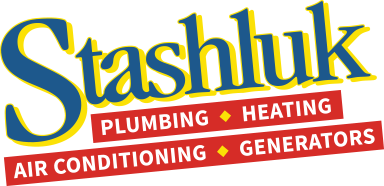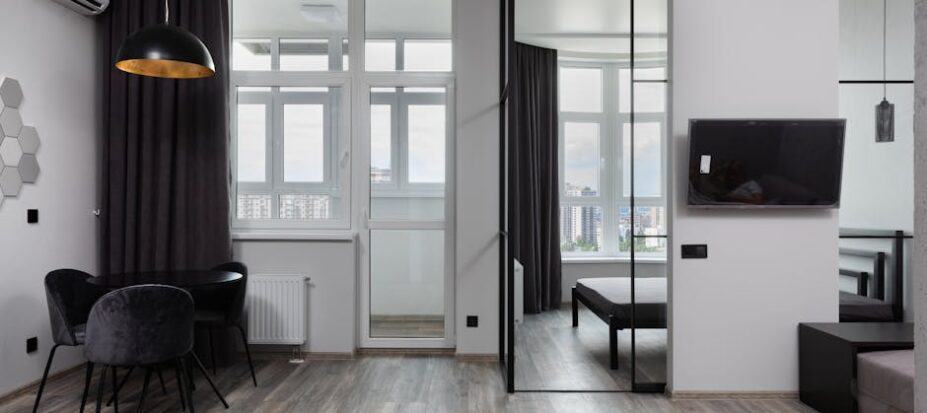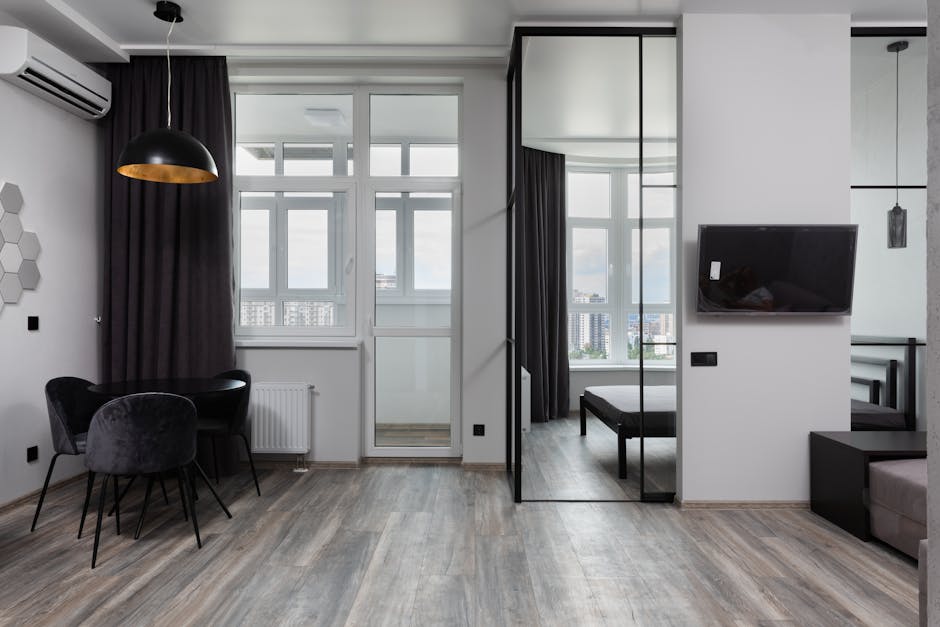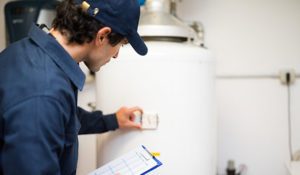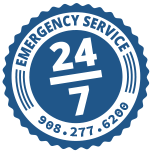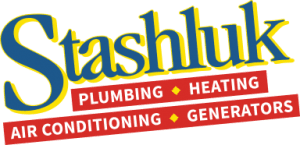Ever wonder why your home can’t keep a consistent temperature or why your energy bills have suddenly skyrocketed? It might be your HVAC system signaling for help. Here are the top signs that you need HVAC repair—and you might need it sooner than you think.
1. Unexpected Rise in Energy Bills
A sudden spike in your energy bills can be alarming. While it’s easy to blame external factors, the culprit could be your HVAC system working overtime due to inefficiency. An inefficient system consumes more energy to maintain indoor temperatures. This inefficiency can stem from dirty filters, leaks, or aging components. Regular maintenance can prevent these issues, but if you’re already facing high bills, it’s a solid sign that your HVAC needs a thorough checkup and possibly some repair work.
2. Unusual Noises Coming from Your System
HVAC systems are designed to run smoothly and quietly. If yours starts making unusual noises such as rattling, buzzing, or grinding, it’s a red flag. These sounds can indicate a range of issues, from loose parts to more serious problems like compressor failure. Don’t ignore these noises, as they can lead to complete system failure. An HVAC professional can diagnose and fix the problem to ensure your system runs smoothly again.
3. Inconsistent Temperatures Throughout Your Home
Do some rooms in your home feel like a sauna while others feel like an icebox? Inconsistent temperatures are a common sign of HVAC trouble. Poor airflow, thermostat issues, or ductwork problems can cause uneven heating or cooling. Sometimes, simple solutions like changing filters or adjusting vents can help, but if the problem persists, it’s time to seek professional HVAC repair. Technicians can identify and fix the root cause, ensuring comfortable and consistent temperatures throughout your home.
4. Your HVAC System is Blowing Weak or No Air
When your HVAC system is on but barely pushing out air, it can make comfortable indoor temperatures impossible to maintain. This issue could be due to a clogged air filter, a malfunctioning blower motor, or even leaky ductwork. Sometimes, the fix is as easy as replacing a dirty filter, but if that doesn’t solve the problem, you’ll need professional help to get your system back up and running efficiently.
If your HVAC system stops blowing air entirely, it’s a clear sign that something’s wrong. In this case, the system might be experiencing a severe malfunction that requires immediate attention. It could be electrical in nature or a sign that the blower motor has failed. Either way, this isn’t something to tackle as a DIY project; an experienced HVAC technician should be called in to diagnose and remedy the situation.
5. Thermostat Issues
If adjusting your thermostat seems to have no effect on your home’s temperature, or if the thermostat fails to turn your HVAC system on or off, this could indicate a problem. Before calling for repairs, check to make sure the thermostat is on the right setting and that its batteries don’t need replacing. If those solutions don’t work, the issue may be with the thermostat itself or a communication problem between the thermostat and the HVAC system. A technician can determine whether you need a new thermostat or if the issue lies with your HVAC system.
6. Poor Air Quality and Increased Allergens
An increase in dust, allergens, or unusual odors in your home can point to an HVAC system that isn’t filtering the air properly. This could be due to old, clogged air filters or more serious issues with the system’s air purification functions. Professional HVAC repair services can identify whether your system simply needs a new filter or if there’s a deeper issue affecting your air quality.
7. Your System is Short Cycling
Short cycling, when your HVAC system frequently turns on and off, overworks the system and can lead to premature failure. Several factors could cause short cycling, including oversized equipment, overheating, or low refrigerant levels. It’s essential to address short cycling quickly, as it can significantly shorten the lifespan of your HVAC unit and increase your energy bills. An HVAC professional can determine the root cause and fix it to ensure your system operates correctly.
8. Water Leaks Around Your HVAC Unit
Finding water around your HVAC unit can be alarming and should not be ignored. Leakage can indicate a blocked drain line, a broken condensate pump, or even a refrigerant leak. Not only can leaks cause water damage to your home, but refrigerant leaks can also pose serious health risks. Professional HVAC repair services can identify the source of the leak and fix it to prevent further damage to your system or your home.
9. Bad Smells Coming from Your Vents
If there’s a persistent bad odor coming from your vents when your HVAC system is running, it’s a sign that your system needs attention. Mold or mildew inside your unit or ductwork can cause musty odors, whereas a burning smell could indicate an electrical problem. Not only are these odors unpleasant, but they can also affect your health. An HVAC technician can inspect your system, clean your ducts, or repair any damage, improving the air quality in your home.
10. Your HVAC System is Over a Decade Old
Even the best-maintained HVAC systems have a limited lifespan, typically between 10 to 15 years. If your system is over a decade old and experiencing frequent issues, it might be more cost-effective to replace it rather than pay for ongoing repairs. Modern HVAC systems are more efficient, which can save you money on energy bills and repair costs in the long run. Consulting with an HVAC professional can help you decide whether repair or replacement is the best option for your aging system.
